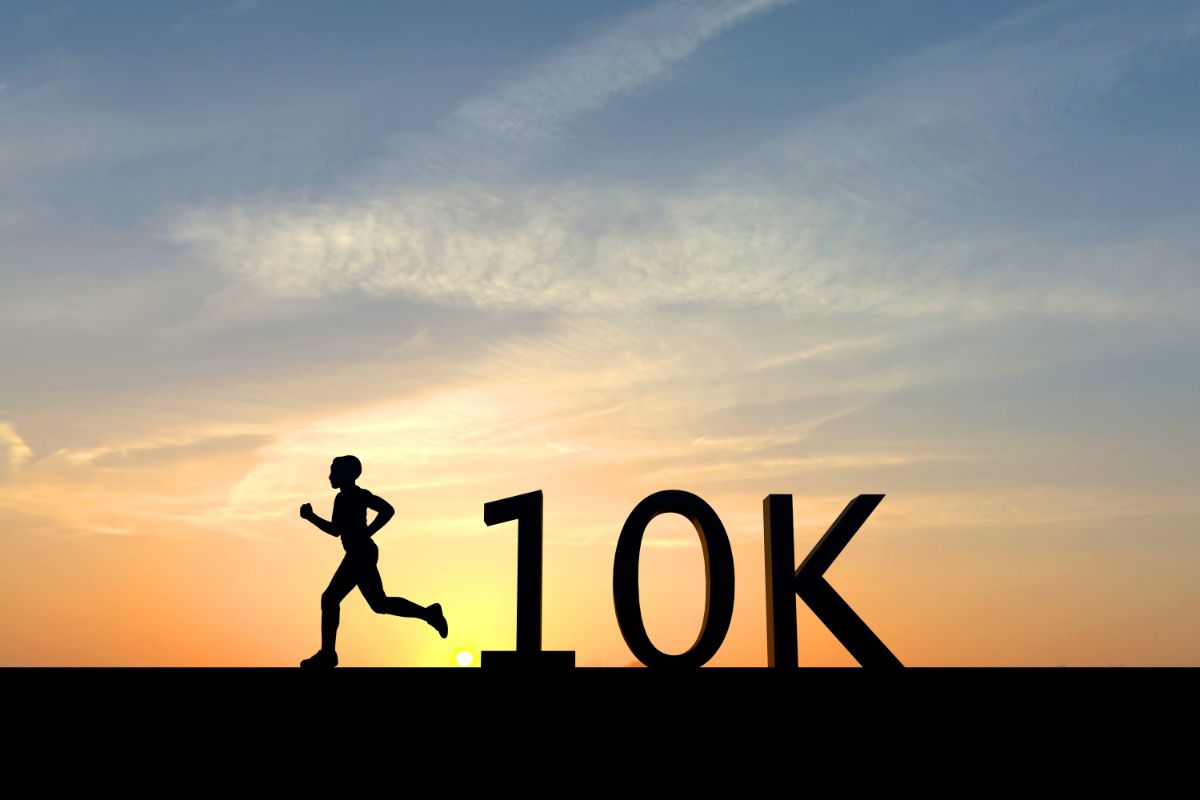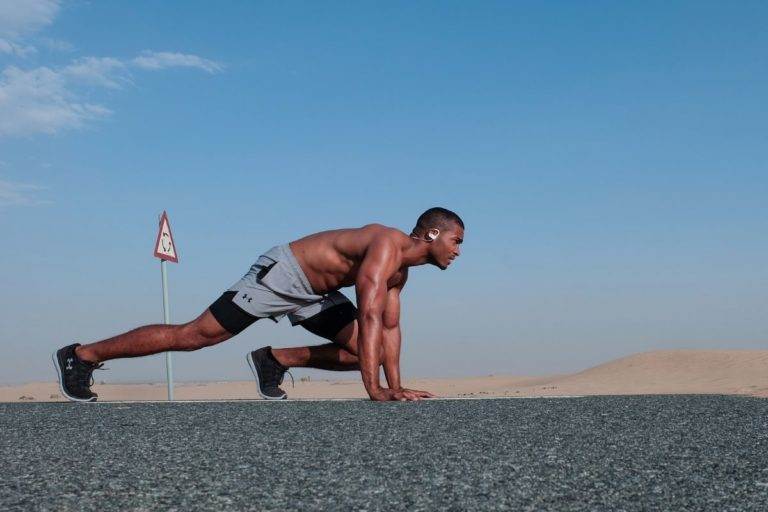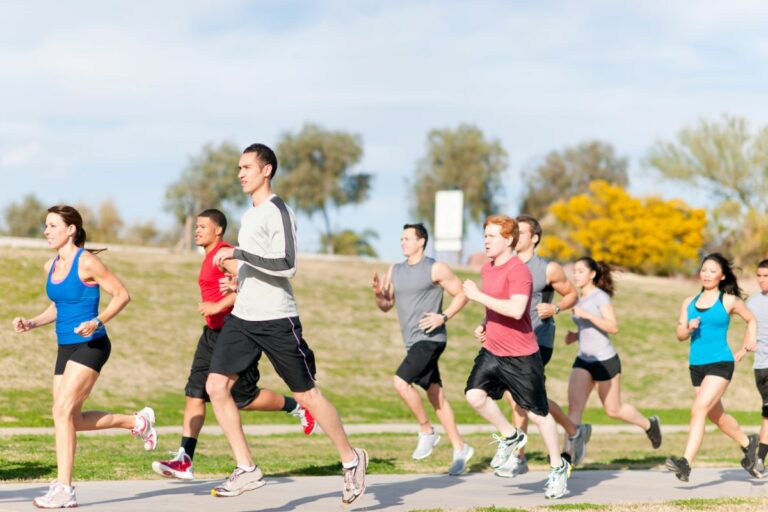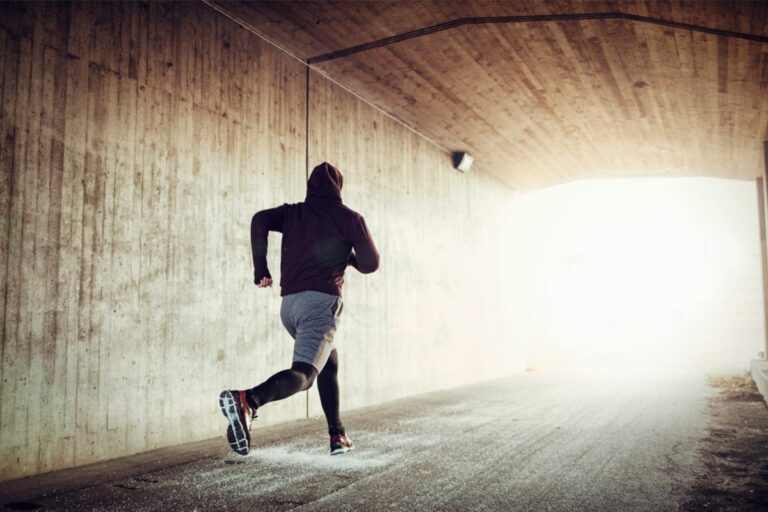What’s A Good 10K Time? Average 10K Times

The 10K runs can be quite a difficult one for many people because it involves a lot of preparation and training to be able to achieve a good time.
It does not just take a few days to train for a race like this because it is all about pace and speed; can you balance them both?
This guide will be covering the average time for most runners for the 10K and also some of the best times!
Describing a good time for anyone is quite difficult because every individual has different goals for what times they want.
It is all about progression and improvement for each race!
Running Average
When looking at an average you need to take certain factors into accounts such as age, ability, and experience.
Across the world, the average for good time to run a 10K race is approximately 49 minutes.
This might seem impossible for beginners but once you have spent months training, and changing your diet and nutrition most people are definitely capable.
It is all about focusing on being committed to your routine and schedule throughout the week and all of the work will pay off!
More Experienced Runners
For more experienced runners who have been training for a long time and probably take part in many races per year, they can average around 43 minutes and under!
It is very important to know that times like these do not happen overnight, it is a process of conditioning the body and strengthening as well.
It is more of a lifestyle for people who are averaging around 43 minutes, running is most likely what they do!
Gender
More experienced male runners tend to average a slightly lower time than women and can reach 36 minutes for a 10k while women reach 45 minutes in comparison.
It can be very difficult to try and give people a good time if they are not professional runners because they might not run as often or train as much and it may just be a hobby.
What Affects The Average Time?
The different factors that affect looking at an average time when considering what would be a good time are the fitness level of the participant, age, and gender.
Across these areas, there are going to be many different average times because as you get older, you are not going to be as capable as when you were younger.
This also links to experience level; if you are a beginner, it is most likely going to take you much longer because you lack experience in these competitive races in comparison to others.
You must build that level of experience over time. There is also the factor concerning gender as males average out faster than women when completing this race.

How To Improve Your Average Time
The main thing you want to avoid when training for a 10K race is an injury.
Therefore it is a good idea to make sure you are not only training for your endurance but also your muscle strength.
Lifting weights is a great way to prepare your muscles for a 10K because it increases the power you are able to have when running.
Mixing up your training is also a great way to help improve your time. You need to be able to do quick sprints, long distances, and somewhere in the middle.
It will start to increase your endurance and speed together.
Focusing on your strides is another way to improve because if you are able to control fewer strides that are longer, you will be wasting less energy.
Most people don’t think about how your strides can make a difference to your overall time, but if you can master this then it will only benefit you!
Top Tips
- Make sure you have a training plan in place so you are able to keep up with the routine.
- Make sure you are mixing up your workouts between strengthening and endurance. Working on your pace and speed are also very necessary routines to include.
- Recovery is also a huge part of the process to ensure you are not overdoing the workouts and burning the candle at both ends!
- Always include your warm-up and cool-down – you need to be stretching before and after your workouts to avoid injury.
The Bottom Line
Overall, a good 10K running time all depends on different factors. Your time will improve the more experience you have and if you have the fitness levels to match.
However, there are many people who treat these runs more like a hobby instead of a lifestyle who average longer times because they aren’t as committed to the training as others.
Hopefully, this guide has shed some light on what it takes to be able to run a 10K race in a good time for your category.
It is different for a variety of ages and different genders but for every individual, whether they are professional runners or not, it is all about reaching your own goals. Setting goals is the only way to improve.
Frequently Asked Questions
Is 10K in an Hour Good?
10K in one hour is good for most runners.
Advanced runners can finish under 43 minutes, averaging just under 7 minutes per mile.
Elite runners should be able to run a 10k in under 38 minutes for men and under 45 minutes for women.
Though, elite qualifying standards are race-specific and vary.
How Long Does It Take to Run 10K on Average?
In the United States, adult men run an average pace of 9:07 miles per mile, while women run an average pace of 10:21 miles per mile, according to Strava data.
Taking that into consideration, it would take an average man 55:37 to run a 10k, while an average woman 1:03:17.
What Is a Good Time for a Beginner to Run 10K?
For beginners, 10K usually takes between 60 and 80 minutes to complete.
To avoid injury, build your fitness slowly, don’t rush to run a 10K straight away. Combining running and walking is an excellent way to get accustomed to running.
Is It Necessary to Drink Water During a 10K?
Hydration is essential during races, especially during hot weather.
Drinking before, during, and after a race is essential. But focus on hydration and nutrition before the race.
Don’t focus too much on hydration during the race. Water is all you need.
It is unlikely that dehydration will have a significant impact on 10Ks if you run it for around 60 minutes. Just in case, you might want to bring a bottle of water to the race if it’s hot.
How Long Does It Take to Walk 10K?
A 10K (6.2 miles) distance is typical for charity runs and walks. It usually takes a walker 90 minutes to 2 hours to complete a 10K walk.
How hard is 10K compared to 5K?
The 10K is tougher distance than 5K, but not too tough. You can train for it without sacrificing all your free time.
If you can finish a 5K in less than 40 minutes, you should be able to participate in a 10K.






